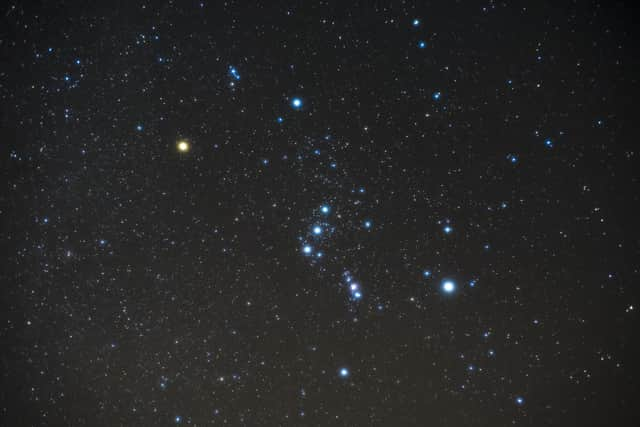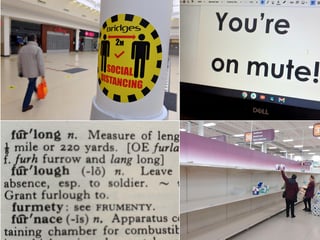Stargazers of all ages wanted for 'citizen science' project you can do from home
and live on Freeview channel 276
Countryside charity CPRE (formerly the Campaign to Protect Rural England), needs the public to tell them how many stars they can see inside the Orion constellation in Star Count 2021.
The annual Star Count usually asks people to travel to look into the galaxy. The dark skies above Northumberland are popular with astronomers; or people who just enjoy beauty.
Advertisement
Hide AdAdvertisement
Hide AdBut Star Count 2021, which runs from 6-14 February, is asking “citizen scientists” to take part in an experiment to find where skies are darkest in the country; and which areas suffer most from light pollution.


CPRE wants to know what people see from their own doorstep, backyard, garden or balcony. Statisticians are equally interested in the views from cities and towns.
Participants are asked to look at Orion with the naked eye, and count how many stars they can see inside the constellation’s main rectangle.
The most recent “Night Blight” map showed just 22% of England is untouched by light pollution. In the 2020 count, just 3% of people lived under “truly dark skies”, while 61% of participants counted 10 or fewer stars in Orion, indicating “severe light pollution”.


Advertisement
Hide AdAdvertisement
Hide AdRichard Cowen, chair of CPRE North East, said: “This year, given the coronavirus pandemic and lockdown, we’re asking supporters to take part from home only, and not to travel.
“This could mean taking part from a garden, balcony, doorstep or even bedroom window and I think it will be a good thing for the survey because we’ll get more data on what people can see from their homes.
"It would be great to see families using this as a way to study the skies together.
”We’re lucky in parts of the North East to have some of the darkest skies in Europe but light pollution impacts our experience of the natural wonder of the night sky, blurs the distinction between town and countryside and disrupts wildlife.


Advertisement
Hide AdAdvertisement
Hide Ad“How many stars you will see ultimately depends upon the level of light pollution in your area, but by counting stars and mapping our dark skies together, we can fight back against light pollution and reclaim the night sky.”
For more information visit the CPRE website here.
